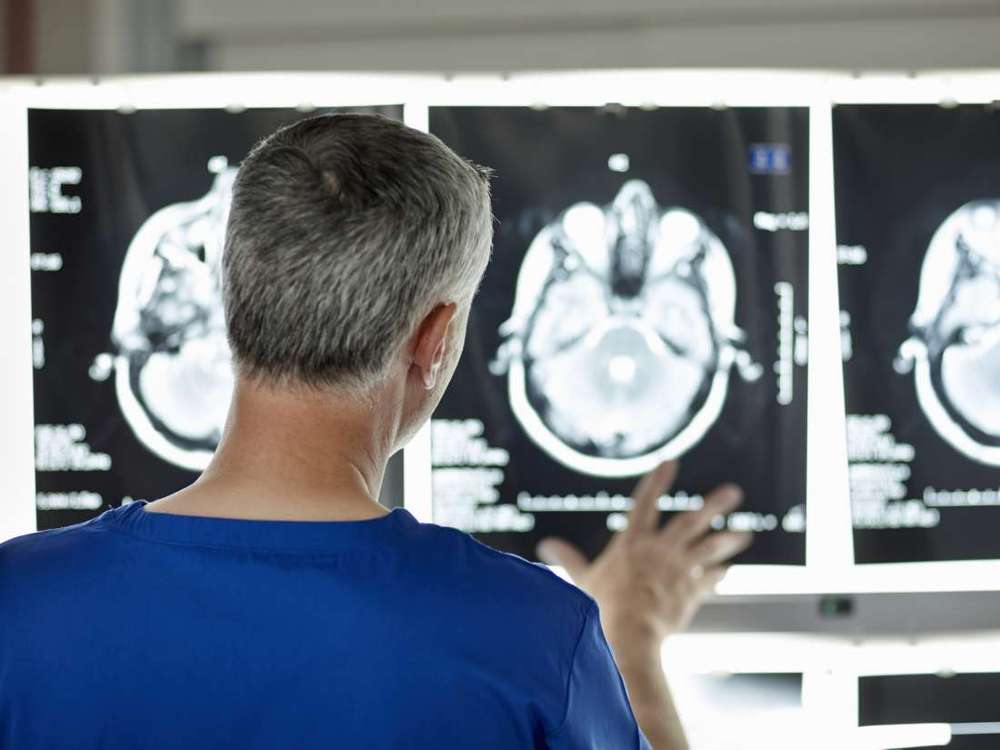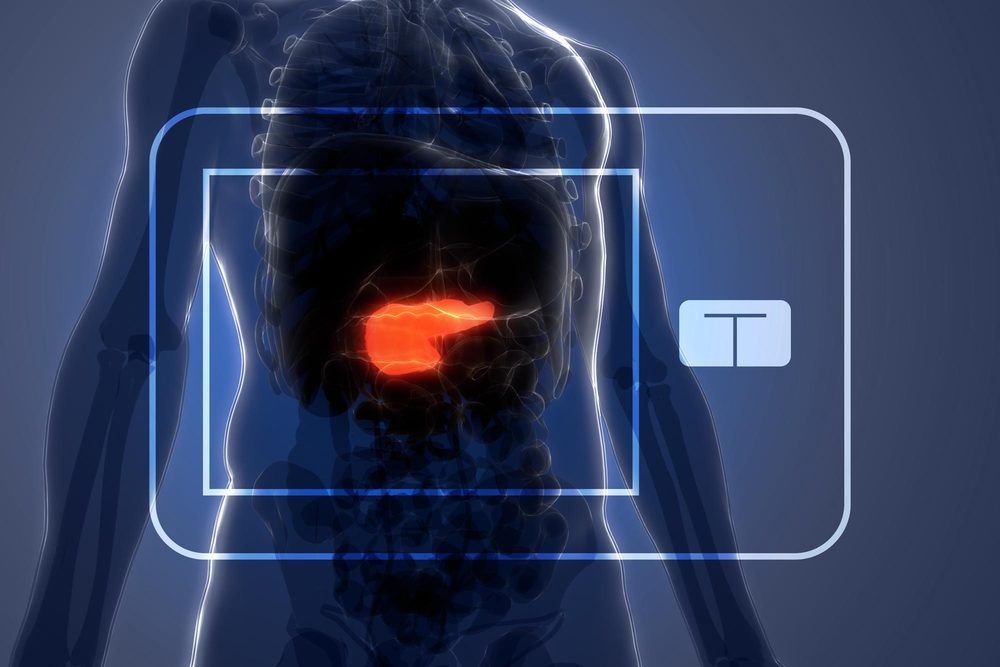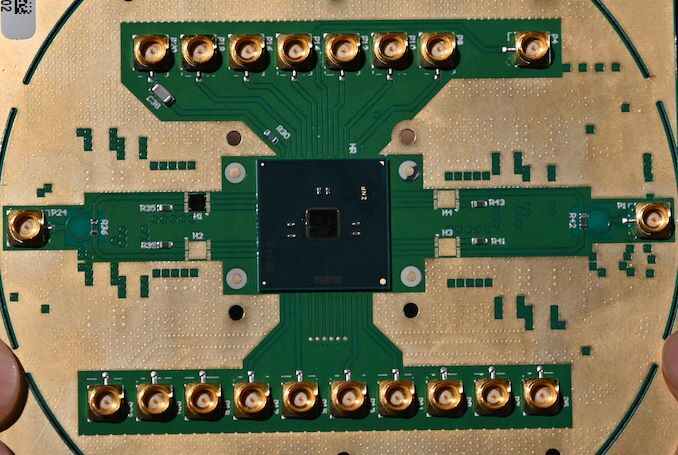The new technology enables the printing of personalized medications out of hydrogel objects, producing complex structures which can expand, change shape and activate on a delayed schedule. By prescribing personalized medicines, doctors will be able to accurately tailor the exposure and dosage levels for individual patients.
“We now have the technology to replace standard or traditional formulations. The population is getting older so we need to think of solutions,” said Benny.
“We can now think about combining drugs together into one drug instead of ten, to adjust the kinetics of drugs and improve patient compliance in drug administration.”





